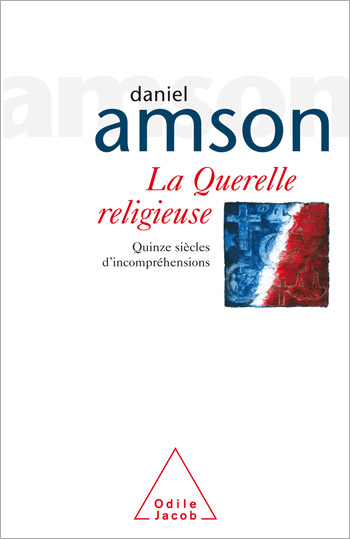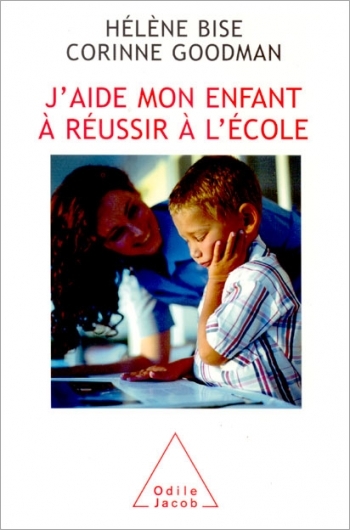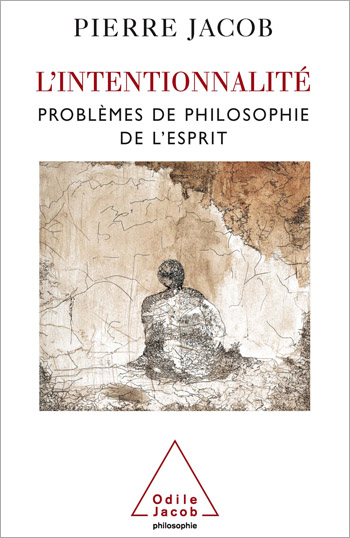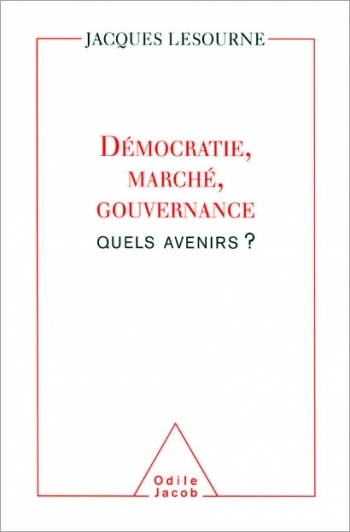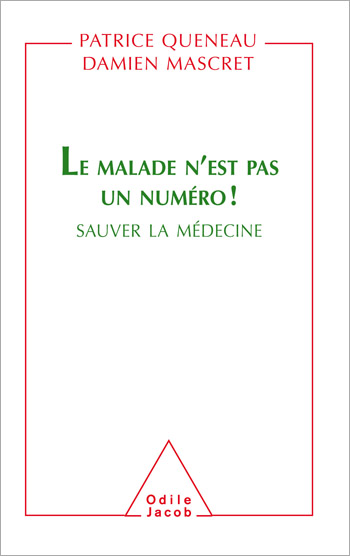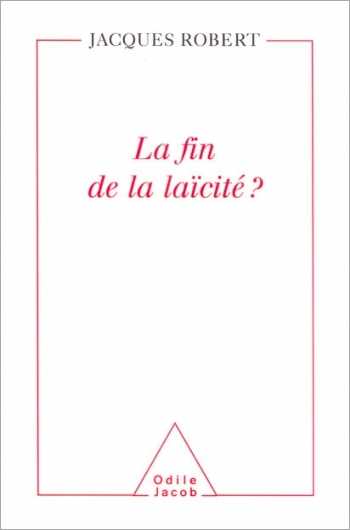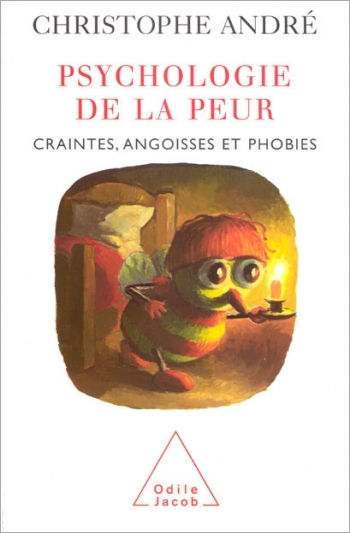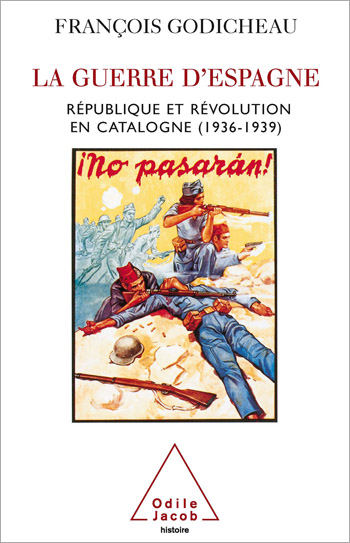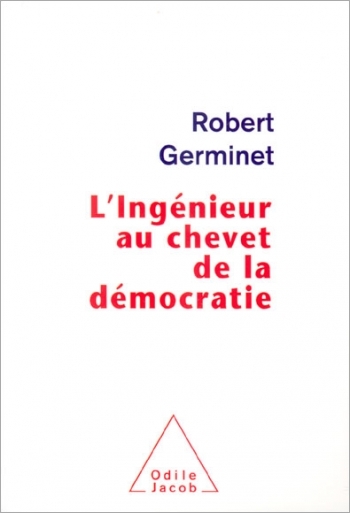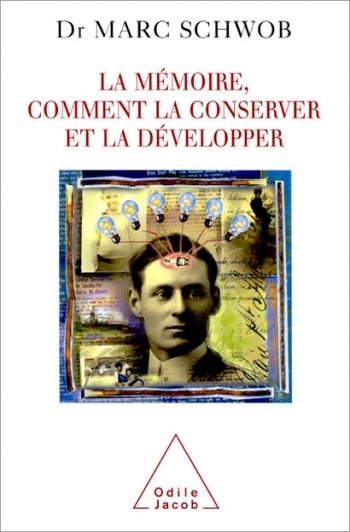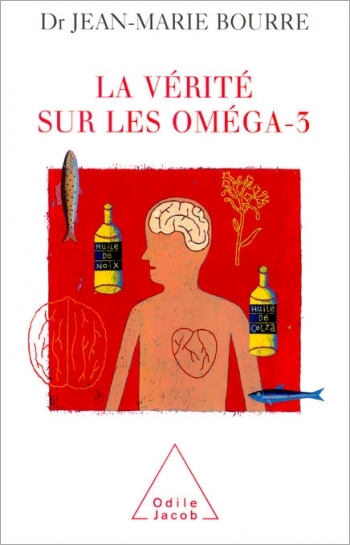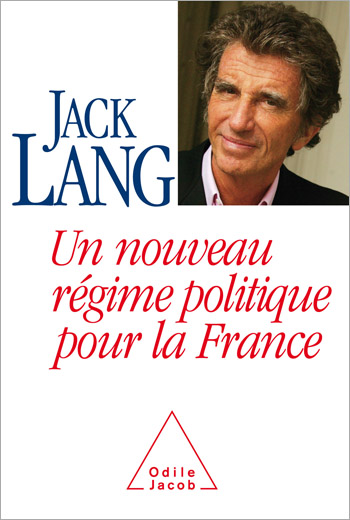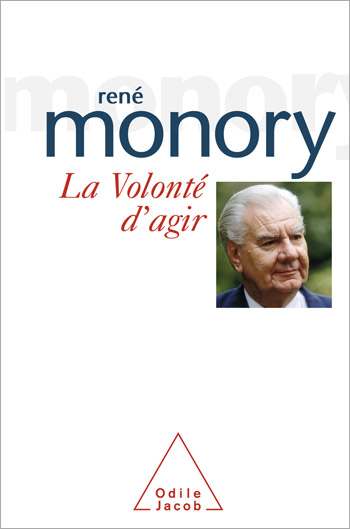Catalog All books

Pascal Picq, François Savigny
Tigers
The tiger is charged with symbolism. In myth and poetry it represents untamed force that can strike suddenly; it can appear stealthily out of nowhere, and vanish just as suddenly.
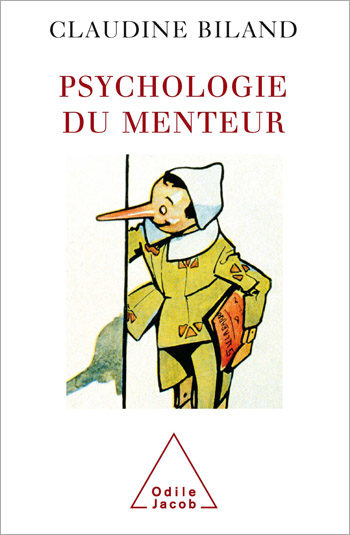
Claudine Biland
Liar's Psychology
When people tell lies what are they really trying to do? The goal of liars is to convince others that an event that never occurred took place or that they have opinions and feelings that they do not. The function of liars is thus to simulate fictional states and to dissimulate real situations; their task is to convince others - and to avoid being found out. What is it that makes liars so unbearable? Lying has a negative connotation in every culture. Children are taught not to tell lies. As a little girl says in an advert, you mustn't cheat, “'cause if you do, you betray the trust that your parents have planted inside you”. Lying always implies deceiving trust or even manipulating another's naiveté - both highly unpleasant experiences for the liar's interlocutor. How can liars be detected? Lying is a delicate, complex art, and non-verbal communication is highly fugitive and difficult to read. Nevertheless, certain conversations leave us with strange, discordant feelings. Then there are those hastily formed opinions about someone or a situation that linger on in our memories. Almost imperceptibly, the impression of sincerity is communicated through words, a voice and gestures. The goal of this book is not to determine if and when lying is justifiable, but to explain to us the types of behaviour that liars do or do not adopt and to develop our ability to unmask them. Shunning a Manichaean approach, the author shows that truth cannot govern all our everyday relations with others - neither in our professional lives nor in our private dealings with friends and partners. If we told the truth all the time, life would become unbearable. Lying is an indispensable human activity, which everyone indulges in. In this work of social psychology, the author has made available to professionals and general readers alike the results of the most advanced research on the subject of lying. Claudine Biland is a psychologist specialising in non-verbal communication. She teaches in Paris.
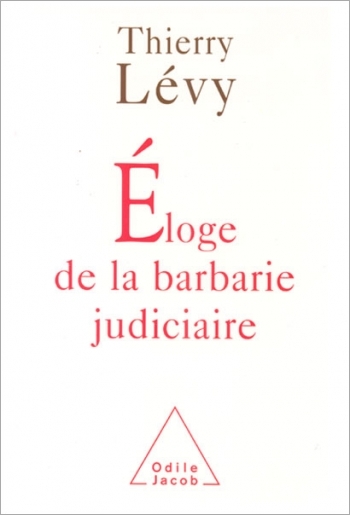
Thierry Lévy
In Praise of Judicial Barbarity
In March 2004, France instituted a special legal procedure, to be applied in infractions judged as serious, as part of an effort to give police more powers to combat new types of crime. If money-laundering and giving assistance to illegal immigrants may be regarded as relatively recent infractions, stealing, murder, procuring and counterfeiting are all ancient violations. The new procedure extends the powers of police to hold prisoners in custody; it will also allow some offenders who plead guilty and accept the public prosecutor's sentence to avoid a public trial. Thierry Lévy, a renowned criminal lawyer, shows that the new law only confirms a tendency that has been at work for a long time, since many trials are no more than empty ceremonies sanctioning decisions that have already been reached. The author examines the way Justice in France today functions and puts some current dysfunctions of the legal system in their historical perspective. He argues that Justice cannot be served if the rights of the defence are ignored. Thierry Lévy is a lawyer and a member of the Paris Bar. He is the author of Justice sans Dieu and the co-author, with Jean-Denis Bredin, of Convaincre.
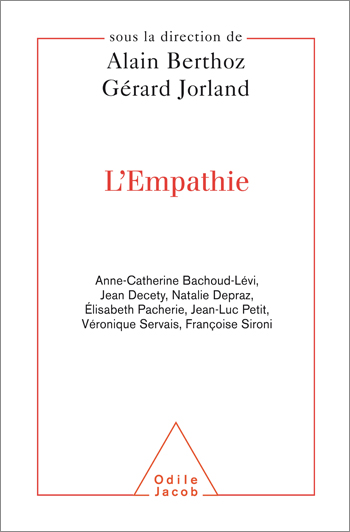
Alain Berthoz, Gérard Jorland
The Empathie
Empathy is the ability to put oneself in the position of others, and thus to understand and know them. Ever since Darwin, empathy has been regarded as the basis of all human social behaviour, and most notably of ethics. Some major psychological disorders - autism, for example - can be described as the inability to empathise. Certain types of perverse behaviour, such as the torture of defenceless victims, have been explained as distortions of empathy. This book offers an overview of studies on empathy for the past 250 years. It also describes the latest research on the subject in a variety of fields: cognitive psychology, philosophy, ethology and ethics. Alain Berthoz is a professor at the Collège de France and a member of the French Academy of Sciences. He is the author of Le Sens du mouvement and La Décison, both published by Editions Odile Jacob. Gérard Jorland is a director of studies at the Ecole des Hautes Etudes en Sciences Sociales and the author of Les Paradoxes du capital (Editions Odile Jacob) and La Science dans la philosophie.
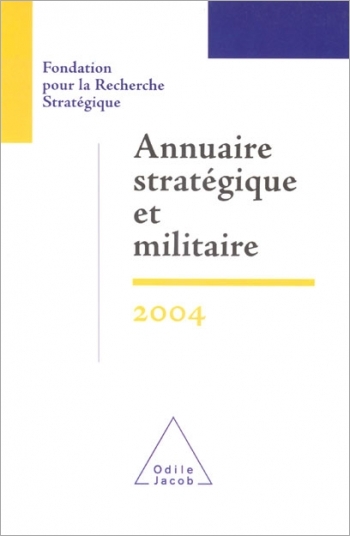
Fondation pour la Recherche Stratégique, François Heisbourg
Strategic and Military Yearbook 2004
As the consequences of U.S. involvement in Iraq are making themselves felt worldwide, and as the U.S. presidential campaign comes to a climax, this book provides a timely survey of the changing strategic and geopolitical landscape. The articles included here, written by some of the top experts in their fields, evaluate the repercussions for all of us of developments in the world's most powerful nation; they also examine the so-called clash of civilisations and consider the real risks of such a clash. This is an indispensable, complete and informed book that will enable readers to understand present and future changes in the global situation. A veritable gold mine of information, the Annuaire stratégique et militaire provides an annual examination of France's defence situation and allows a comparison with France's partners. François Heisbourg, an internationally renowned specialist in international and defence issues, is the director of the Fondation pour la Recherche Stratégique (FRS) and president of the International Institute of Strategic Studies. He is the author of Hyperterrorisme: la nouvelle guerre (2001) and the editor of Annuaire stratégique et militaire 2002 (English edition: French Strategic and Military Book) and Annuaire stratégique et militaire 2003, all published by Editions Odile Jacob.
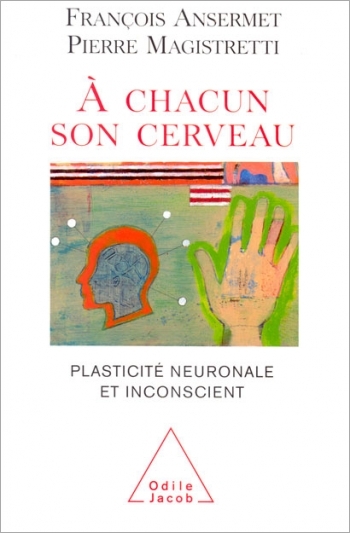
François Ansermet, Pierre Magistretti
To Each His Own Brain Biology of the Unconscious
This book is the result of the coming together of psychoanalysis and neuroscience around the shared observation that experience leaves a mark. Although the idea that experience produces psychic imprints - whether conscious or unconscious - has always been central to psychoanalysis, it was not until recently that findings in neurobiology demonstrated that neuronal plasticity existed and that it operated throughout a person's life. This constant remodelling in relation to experience poses certain basic questions about each individual's identity and future. How does psychic life emerge from experience and from what it imprints? What are the respective contributions of external stimuli (the reality behind experience) and of internal stimuli (the imprinted marks)? How do the mechanisms of synaptic plasticity participate in the establishment of an unconscious internal reality? What is the role of the body in this new dynamic organisation? This book provides the foundations for a better understanding of the relations between neuroscience and psychoanalysis and offers an original theory of the unconscious, by combining recent findings in neurobiology with the basic principles of psychoanalysis. Eschewing genetic determinism, it shows that each individual is different and each brain unique. Pierre Magistretti, a physician and neurobiologist, is a professor of physiology and director of the Centre for Psychiatric Neuroscience at the University of Lausanne's medical school. In addition, he is the president of the Federation of European Neuroscience Societies. François Ansermet is a psychoanalyst and professor of child and adolescent psychology at the University of Lausanne. He is the co-author, with O. Halfon and B. Pierrehumbert, of Filiations psychiques (Presses Universitaires de France, 2000).
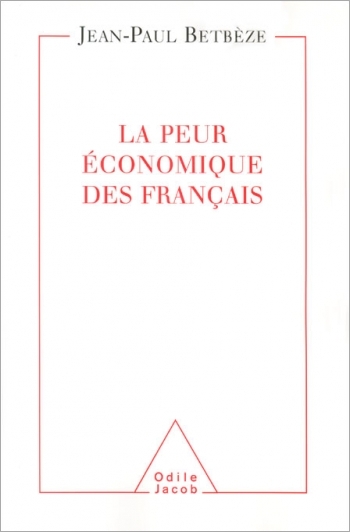
Jean-Paul Betbèze
French people's economic fear
France has economic possibilities, but it remains blocked in several areas. Although the country's leaders are aware of this, they seem unable to make the necessary reforms to move forward. France seems to be the prey of fears that paralyse it, but which have benefited a new class of economic as well as social rentiers who constitute a powerful economic, ideological and political group. These new rentiers are fully cognisant that the defence of their acquired privileges is not a practical long-term solution - as has been shown by rising deficits, decreased competitiveness and job losses. The author argues that it is necessary to make changes and implement reforms - and to do so it is essential to understand and overcome existing fears. It cannot be expected that everything will be changed at once, but some initial efforts must be made. The single reform that will fix everything does not exist, he says, but this is hardly an excuse for refusing to make a start. In other countries, programmes for economic reform are being implemented. Yet France is only beginning to consider such reforms. The object of this book is to provide a greater understanding of the present situation, in the form of a how-to manual. A ruthless analysis of some of France's psychological blocks, apprehensions and economic fears, this book can be regarded as a sort of economic psychotherapy. In addition, the author provides a critique of the false solutions that hinder modernisation and proposes his own solutions for change and reform. Jean-Paul Betbèze is a professor of economics at the University of Paris Panthéon-Assas and a member of the French prime minister's Council for Economic Analysis. He is a consultant to the president and the C.E.O. of a major bank and the author of Les Dix Commandements de la finance, which was awarded the Risques-Les Echos Prize in 2004.

Claude Béata
Dog Psychology Stress, anxiety and depression
Many dogs suffer from such psychological problems as phobias, hyperactivity, separation anxiety and depression. This book recounts the stories of seven dogs, whose behaviour had become so erratic that their owners were on the verge of getting rid of them. Their veterinarian (the author) presents their stories as an investigation, taking the reader back to the origin of each disorder and then describing the form of therapy he used to enable each dog and its owner to cohabit in harmony. Written in a lively, often humorous style, this practical book will help readers understand the emotional life and behaviour of dogs. The chapters are presented in the form of accessible stories interspersed with sidebars containing relatively more technical information. Claude Béata is a behaviourist veterinarian and a member of the European College of Behaviourist Veterinarians. A specialist in emotional attachment, he is the co-author, with Boris Cyrulnik, of several interdisciplinary studies in comparative pathology.
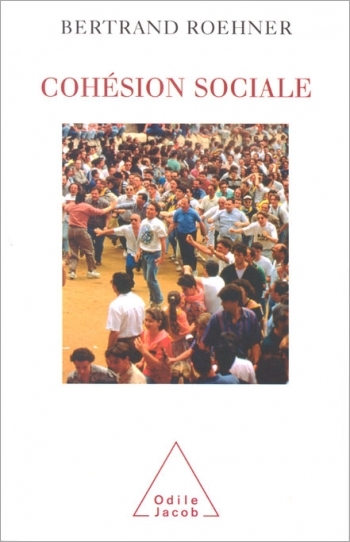
Bertrand Roehner
Social cohesion
The methodology of physics is now being applied to the social sciences. Social cohesion, which assures social stability and continuity, is both observable and measurable. It may be observed in events that repeat: in test events such as the destruction of the mosque in Ayodhya, India (1992), and of the twin towers of the World Trade Center in Manhattan (2001); in catastrophes such as the Great Fire of London (1666), the earthquakes and fires of San Francisco (1906) and Tokyo (1923); in the riots of rejection in Lawrence, Mass., U.S.A. (1984), and in Aigues-Mortes, France (1893); in the protest riots in Brixton, U.K. (1981); and in resistance to foreign occupation, as in France (1940). Social cohesion can be measured through the reactions of a given society in the aftermath of a shock: for example, in the number of Hindu temples that were burned down or mosques that were destroyed following the first two test events listed above. By borrowing the methods of physics, social scientists have been able to make predictions in their own field. Bertrand Roehner is a member of the Laboratory of Theoretical Physics at Pierre et Marie Curie-University of Paris VII. He is the author of Un siècle de commerce du blé en France (Economica), Theory of Markets (Springer), Application of Physics in Economic Modelling, Pattern and Repertoire in History (Harvard University Press) and Separatism and Integration (Rowman and Littlefield).
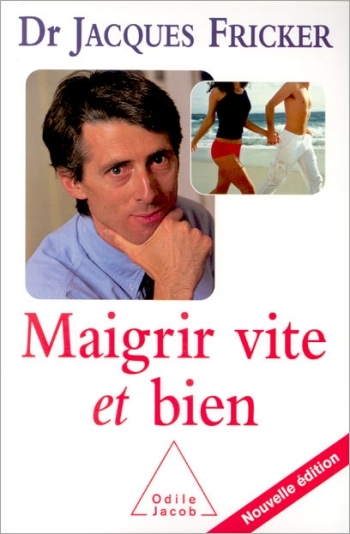
Jacques Fricker
Maigrir vite et bien (Nouvelle édition)
How should you eat to keep healthy while remaining slim? What should you do to maintain your ideal weight, without having to diet constantly and without putting on excess kilos over the years? If you have successfully followed a diet, how can you keep from putting the extra weight back on? How can you avoid the cycles of weight loss and weight gain? Above all, how can you keep your figure, as well as your health, and safeguard against illness by eating an optimal diet? How can you stay slim while remaining energetic and without feeling tired - i.e. by keeping at the top of your physical and mental form? This book shows how a single diet can enable you to simultaneously achieve these three goals - figure, form, health - since all food types that are good for your figure are also good for you and, inversely, those that are bad for the figure are also bad for you. All you have to do is follow some basic dietary rules and adapt them to your own lifestyle. In this practical, useful book the author offers advice that is both scientifically sound and applicable to everyday life: choosing and cooking the most suitable foods to meet the three goals, making the best shopping selections, composing balanced menus in relation to age and lifestyle. He also addresses such questions as: What other means, besides diet, are there to meet the three goals? What role does exercise play? What should you do to have a flat tummy? Numerous recipes are given at the end of the book. Jacques Fricker is a physician specialising in nutrition at Hôpital Bichat, in Paris, and the author of Le Guide du bien maigrir, Maigrir vite et bien and Bien manger pour être au top.

Roger-Pol Droit
Michel Foucault, interviews
On 25 June 1984, Michel Foucault died of AIDS-related complications at a hospital in Paris. Since then, his reputation and influence - already great during his lifetime - have not ceased to grow. Whether his subject was asylums, prisons or the history of sexuality, Foucault always tried to understand the organising forces behind prevalent social attitudes, by which a society defines itself, so as to disrupt the existing order. A philosopher as well as a historian, Foucault was an unclassifiable, unpredictable, subversive thinker, and the inventor of a new style of intellectual investigation. He rarely spoke of himself, or of his goals, or of his relations to his own writing, experiences and intellectual development. He did, however, talk about himself in a series of interviews that he gave me in June 1975, a few weeks after the publication of Discipline and Punish: The Birth of the Prison. Wishing to pay homage to his memory, I have gathered here three of those interviews, which were previously published in the press, along with some of my memories and thoughts about him, writes Roger-Pol Droit. Roger-Pol Droit is a research fellow in philosophy at the Centre National de la Recherche Scientifique (CNRS) and a columnist for the French daily newspaper Le Monde. He is the author of La Compagnie des philosophes, La Compagnie des contemporains, 101 Expériences de philosophie quotidienne and Dernières nouvelles des choses.


